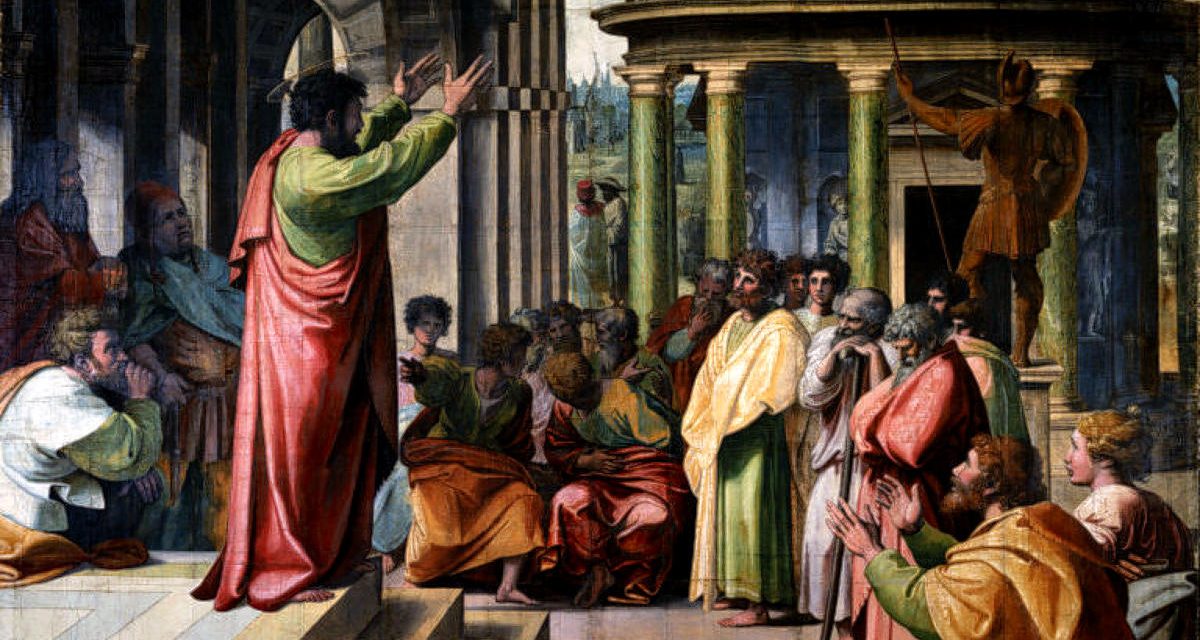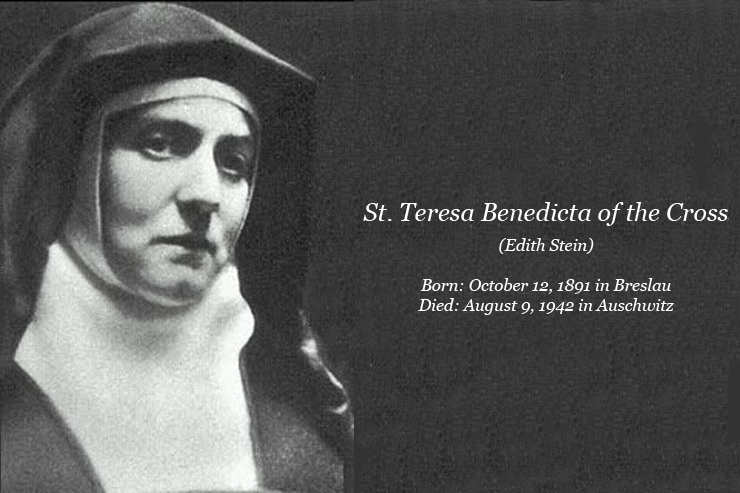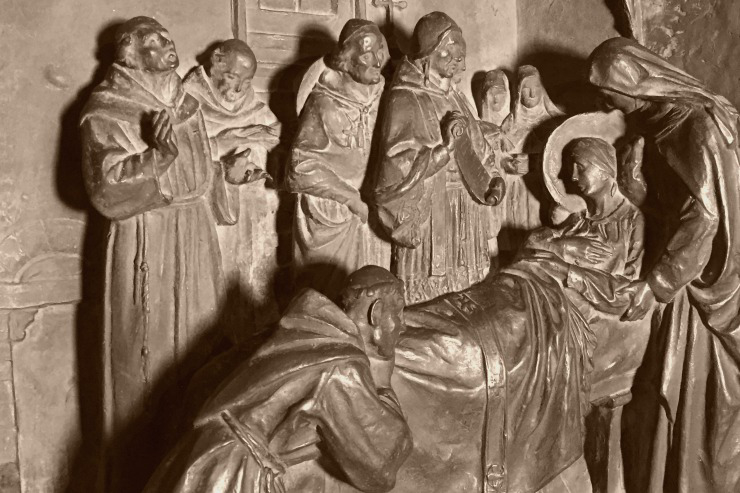Prophecy is not always about telling the future. It’s about telling the truth.
Last week, I began looking at the three-fold office or mission of the People of God. God gives us this mission at our baptism. Incorporated into the Body of Christ, we are given a share in Christ’s office of priest, prophet and king.
In the Old Testament, three types of people are anointed or consecrated. You guessed it: priests, prophets, and kings.
In Leviticus 8:12, we read that Moses anointed the tabernacle and the altar and the instruments in the tent of meeting, but also Aaron: “And he [Moses] poured some of the anointing oil on Aaron’s head, and anointed him, to consecrate him.”
We see in 1 Kings 19:16 that God instructs Elijah to anoint not just the next king, but also a prophet to succeed him in mission: Elisha.
In 1 Sam 10:1, the prophet Samuel anoints Saul’s head, although makes it clear that it’s really God anointing him: “Then Samuel took a vial of oil and poured it on [Saul’s] head, and kissed him and said, ‘Has not the Lord anointed you to be prince over His people Israel?’”
Throughout the Old Testament, these anointings are signs that the Holy Spirit has been sent to certain people to carry out specific work of God. These people are consecrated – set apart – for a purpose and mission. We see in the prophecies regarding the new covenant, however, that something different is about to happen: “And it shall come to pass afterward, that I will pour out my spirit on all flesh; your sons and daughters shall prophesy, your old men shall dream dreams, and your young men shall see visions. Even upon the menservants and maidservants in those days, I will pour out my spirit” (Joel 2:28-31).
A sign of the messianic age is that the Spirit will be poured out on not just kings, but servants. It will not just be priests and prophets who are anointed, but all sons and daughters. This comes to pass at Pentecost. Peter recognizes this outpouring of the Spirit for what it is, and he references the prophecy of Joel (Acts 2:17-18).
We are anointed at Baptism and Confirmation, when we receive the Holy Spirit and His gifts.
Prophecy is not always about telling the future. It’s about telling the truth. Throughout the Old Testament, God sends the prophets to the people to call them to repentance. The prophets are given the difficult mission of preaching the truth to a world that doesn’t necessarily want to hear it. They are given the task of reminding the world of the law and the covenant and the responsibilities that come with being the Chosen People.
This is our mission as well. As prophets, we are given the ability and the responsibility to accept the Gospel and proclaim it to the world. We are tasked with a mission to preach the truth to a world who might reject it.
Our baptismal call is to witness to Christ to the world. In that baptismal homily of his, Peter reminds his congregation: “Always be prepared to make a defense to anyone who calls you to account for the hope that is in you, yet do it with gentleness and reverence” (1 Pt 3:15). The mission of our baptism, which is strengthened and perfected by the Holy Spirit at Confirmation, is to preach the truth in charity. The sacrament of Confirmation “gives us a special strength of the Holy Spirit to spread and defend the faith by word and action as true witnesses of Christ, to confess the name of Christ boldly, and never to be ashamed of the Cross” (CCC 1303).
Shortly after receiving the Holy Spirit, Peter and John are called before the Sanhedrin and told to stop talking about Jesus. They give a response which should be on our lips: “It is impossible for us not to speak about what we have seen and heard” (Acts 4:20).
Is this you? We live in a world that needs prophets. We must be on fire to prophesy, to speak of what the Lord has done and desires to do in our world.
Image credit: “St. Paul Preaching in Athens” (detail) by Raphael, Public domain, via Wikimedia Commons














